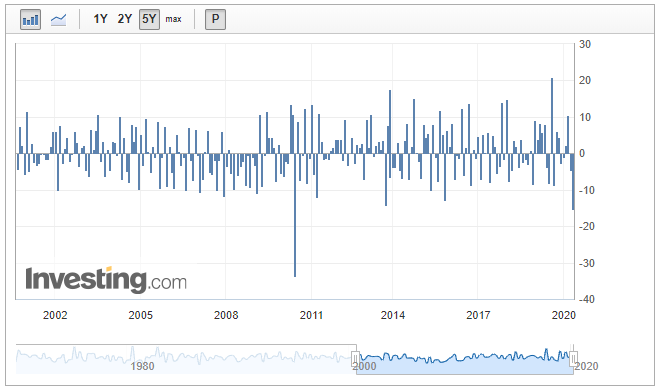Real estate has historically been a great investment during times of high inflation. And in certain ways, it’s also a good investment to be holding during times of high-interest rates. Just a month or so ago, the US saw inflation at over 7%. And during the Federal Reserve meeting in January, Jerome Powell made it very clear that interest rates would be rising in the near term. So, what are you waiting for?
Ok, before you go off buying, let me dig a little deeper into why real estate and REITs are good during times of inflation and high-interest rates. For the most part, REITs will perform well during periods of high inflation because while goods and services are increasing in price, so will real estate because the price to build new homes will have risen due to inflation.
Think about what we just saw over the last two years with residential real estate in the US. Lumber, metal, plastic, concrete prices all increased due to the pandemic supply chain issues. Thus, the cost to build a brand-new home also went higher. If the price to buy brand new goes higher, then the price of pre-owned homes can also go higher simply because of the laws of supply and demand. And if the price of building a new home or buying a pre-owned homes goes higher, rent prices can also go higher. Continue reading "REITs May Be Great Investment Moving Forward"


